
PIPEs
A Guide to Private Investments in Public Equity
Read offline
Recommendation
This is an excellent and comprehensive introduction to PIPEs. The acronym stands for Private Investment in Public Equity, and this includes not only common stock but warrants and other permutations of equity. Companies often issue PIPEs when they need capital but when market conditions make it imprudent to raise funds through a public offering. Most PIPEs investors are sophisticated institutions, and hedge funds are probably the most active participants in the market. PIPEs are a high-risk investment with abundant legal, market, regulatory and other complexities. This book neither attempts to sell PIPEs nor to discourage people from buying them. While somewhat repetitive, it is reasonably objective and reasonably thorough. getAbstract.com strongly recommends it to professional investors.
Summary
About the Authors
Steven Dresner is president of DealFlow Media, Inc., and publisher of the PIPEs Report. He was formerly vice president of the Investment Banking group at Ladenburg Thalmann & Co. E. Kurt Kimis founder, president and chief executive officer of PrivateRaise, L.L.C., a research firm specializing in information about private placements and Rule 144A transactions.








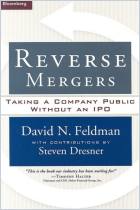
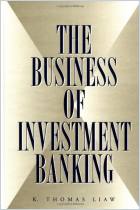
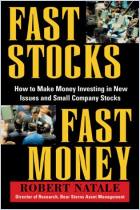
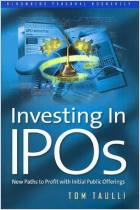
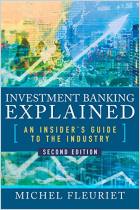






Comment on this summary or Iniciar a Discussão